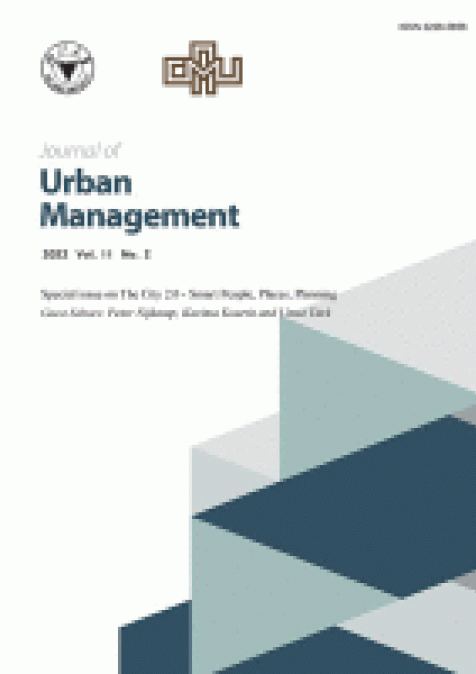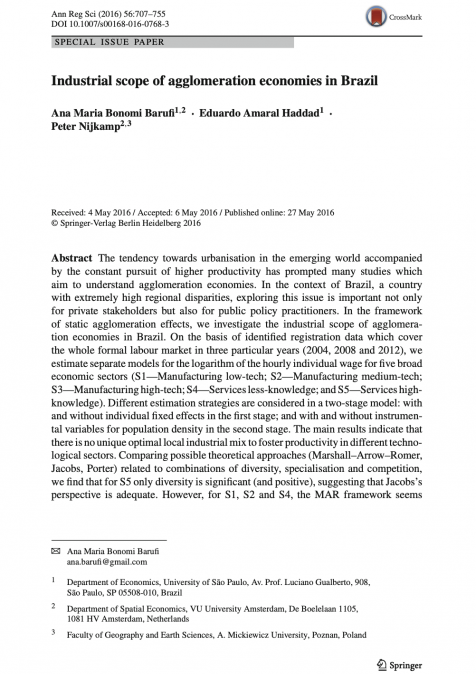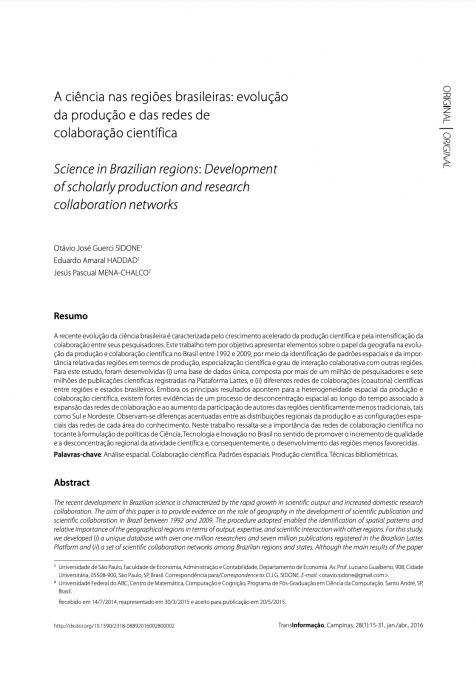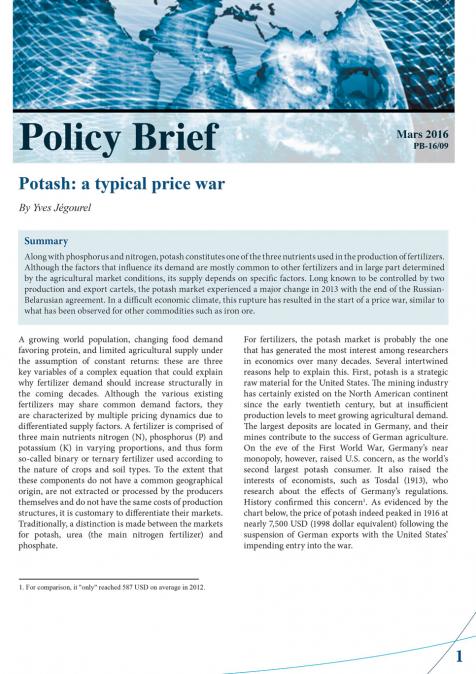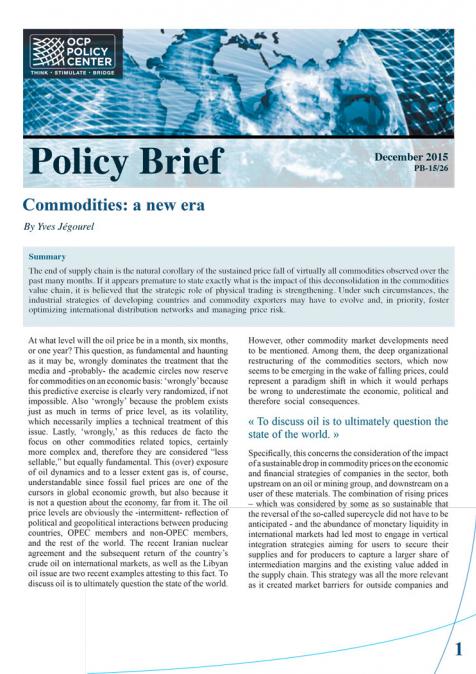Publications /
Paper in Academic Journals
This Paper was originally published on sciencedirect.com
This study aims to assess the nature and the magnitude of the productive links of consumer operations made possible by the revenue generated by ride-hailing. We seek to map the interdependencies established between the consumption decisions of drivers that use the 99 app, a leading e-hailing provider, with other sectors and segments of the Brazilian economy. The dataset comprises operational information from 99 and an interregional input-output table for the Brazilian economy. In 2019, the intermediated trips only for 99 unfolded in more than 12 billion (BRL) added to the Brazilian GDP (equivalent to 0.18% of the total), each sector of the Brazilian economy being affected in different magnitudes. This study shows the degree of interdependence between these sectors and 99's business. In addition to the value added, indirect taxes were collected in the order of 1 billion (BRL), and 267.9 thousand jobs were generated.

